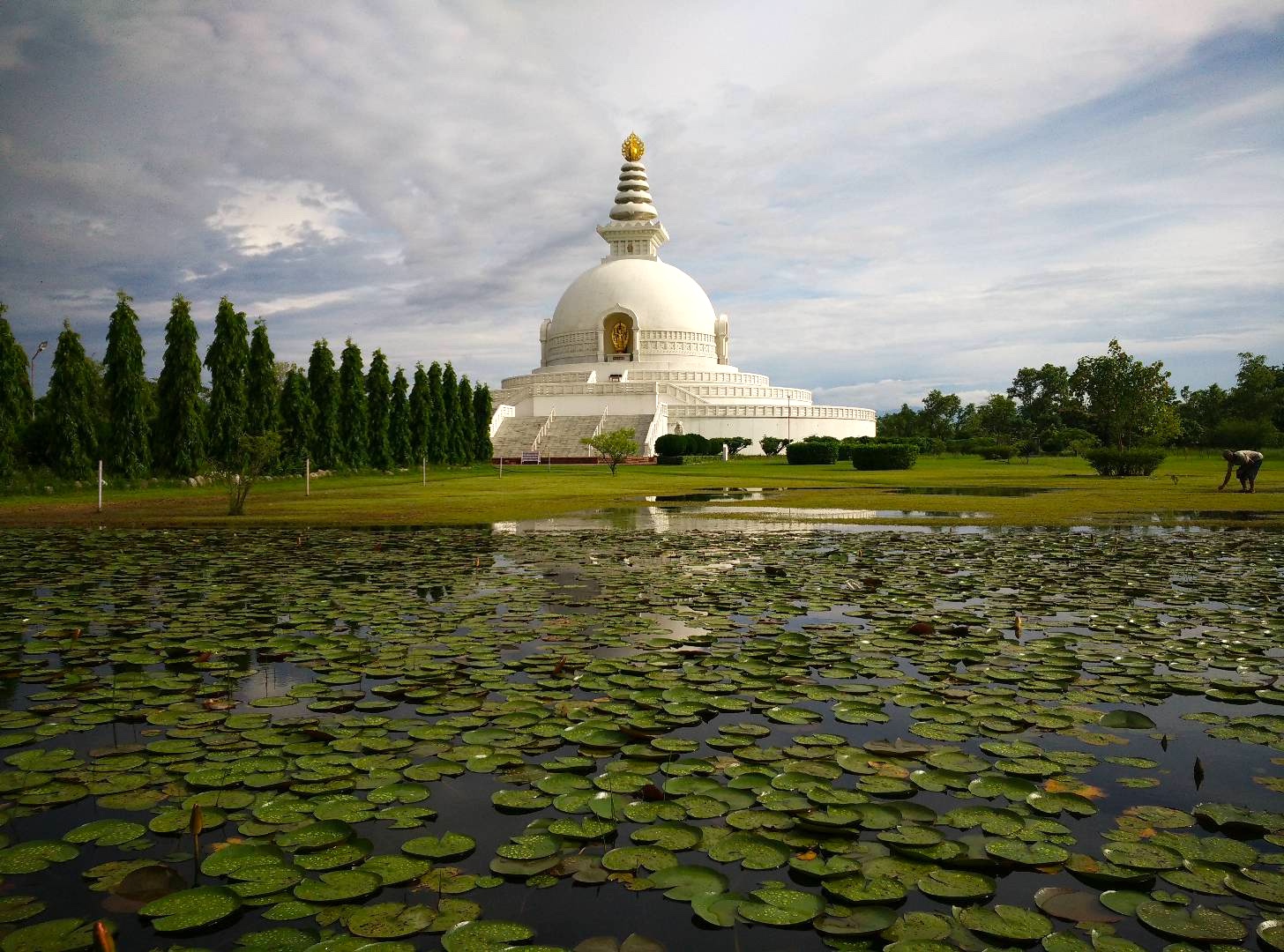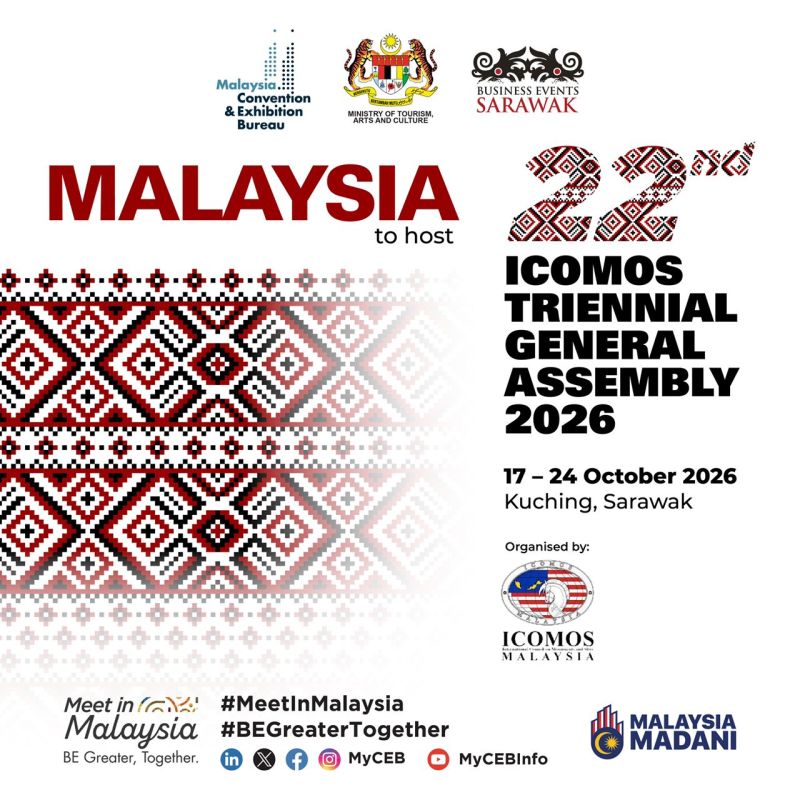About Us
The International Scientific Committee on Cultural Landscapes (ISCCL) is an International Scientific Committee (ISC) of ICOMOS, the International Council on Monuments and Sites. The ISCCL is made up of a collaborative and interdisciplinary group of global experts in cultural landscape conservation. We work to ensure technology transfer around the world by sharing expertise and best practices, to improve the documentation, preservation, management and inclusivity of the tangible and intangible values of cultural landscapes. A special role of the ISCCL is to fulfill ICOMOS’s consultative role in the World Heritage Convention (1972) with respect to cultural landscapes by providing expert review prior to, during, and after the nomination process.
First established in 1971, the ISCCL welcomes the membership of experts in cultural landscapes from both ICOMOS and IFLA, the International Federation of Landscape Architects. Members of the Committee have backgrounds in a wide range of related fields, including heritage conservation, landscape architecture, landscape history, planning, law, and ecology among others.



